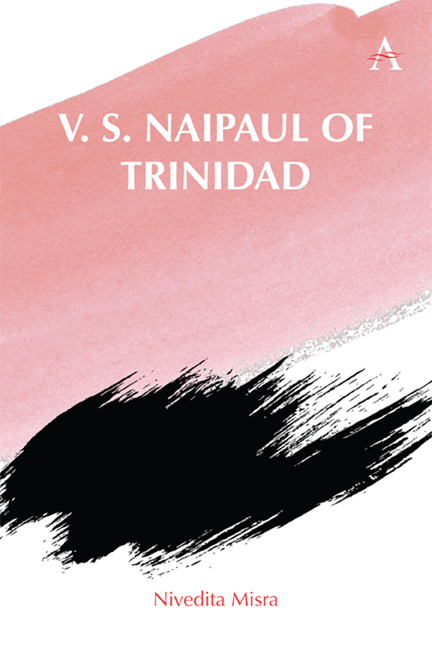Book contents
- Frontmatter
- Dedication
- Contents
- Foreword
- Introduction
- 1 Early Fiction of the 1950s: The Trinidad Years
- 2 The Interloper in Travel Writing
- 3 Mimicry and Experiments of the 1960s
- 4 Displacement Across Borders in the 1970s
- 5 The Imperial Vision of the 1980s
- 6 Redemptive Journeys in the 1990s
- 7 Composing again in the 2000s
- Conclusions
- Appendix A A Note on Trinidad
- Appendix B A Note on V. S. Naipaul’s Terminolog y and Use of Spellings
- Works Cited
- Index
5 - The Imperial Vision of the 1980s
Published online by Cambridge University Press: 27 March 2024
- Frontmatter
- Dedication
- Contents
- Foreword
- Introduction
- 1 Early Fiction of the 1950s: The Trinidad Years
- 2 The Interloper in Travel Writing
- 3 Mimicry and Experiments of the 1960s
- 4 Displacement Across Borders in the 1970s
- 5 The Imperial Vision of the 1980s
- 6 Redemptive Journeys in the 1990s
- 7 Composing again in the 2000s
- Conclusions
- Appendix A A Note on Trinidad
- Appendix B A Note on V. S. Naipaul’s Terminolog y and Use of Spellings
- Works Cited
- Index
Summary
By the 1980s, V. S. Naipaul (as an extrapolated creation from his books) was well established in England and America and supported by his personality that was abrasive, rude and selfish. He had bought a dilapidated dairyman’s cottage, in Salterton, up the valley from Wilsford Manor in England. After getting it fixed, he moved into Dairy Cottage in 1982. Naipaul’s reputation in America bloomed in the aftermath of the Vietnam War, when the Americans began warming up to colonial writing (French 2008, p. 252). An early and seminal anthology, Critical Perspectives on V. S. Naipaul, edited by Robert Hamner, was published in 1977. It contained fourteen essays that gave full representation to Naipaul, with critics, both from the Caribbean and elsewhere, quoting from his newspaper articles, interviews and short pieces. The anthology enhanced Naipaul’s reputation as a self-fashioning writer because most of the critics quoted from his journalistic pieces to endorse him as a postcolonial satirical writer who rejected ‘Hinduism and the colonial society into which he was born’ (‘Introduction’ 1977, p. xvi). Meanwhile, The New York Review of Books, which had turned into ‘the house journal’ of ‘America’s liberal intelligentsia’ (French 2008, p. 281), welcomed V. S. Naipaul. Naipaul began a new phase in his career where he stayed in England but catered to the tastes of an American audience (the new West). The writings of the 1980s are imbued with American concerns, whether through his travels to Iran, where the Americans had been expelled from, Grenada, which the United States had invaded and occupied, or the American South. Naipaul was determined not to return to Trinidad. It had never been a real option. Yet the more he tried to get away, the more he felt connected to the early world of his childhood in Trinidad. All his attitudes and all his analyses reverted back to those early memories.
The decade began with Naipaul travelling to the non-Arab Muslim world of Iran, Pakistan, Malaysia and Indonesia. This was a path-breaking journey for Naipaul. His Indian travels had led him to analyse the slow death of Indian civilisation. He now analysed the Islamic civilisation, not in its birthplace but in countries which had subsequently adopted Islam, suppressing their own histories and civilisations.
- Type
- Chapter
- Information
- V. S. Naipaul of Trinidad , pp. 117 - 142Publisher: Anthem PressPrint publication year: 2024



